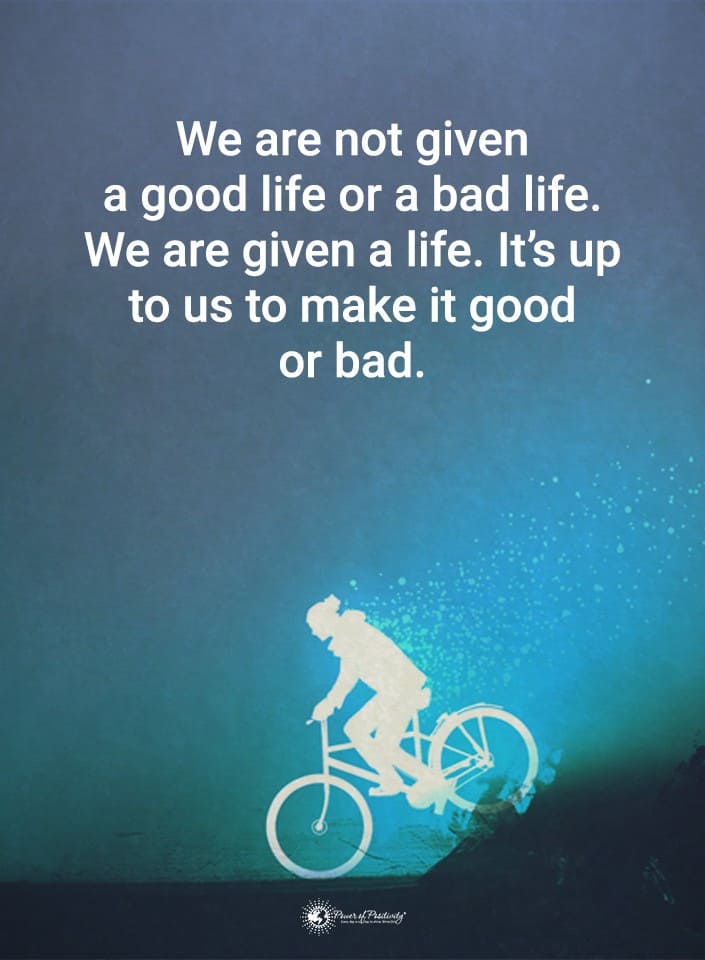The little things in life can make all the difference, whether they boost your mood or trigger your stress. Small parts of your day can set the tone and directly affect your well-being.
These little things are even more aggravating once you feel like you can’t avoid them. It will feel overwhelming when something feels out of your control, but you must suffer through it anyway.
Luckily, you can shift your mindset and develop a different attitude toward the little things that trigger your stress. There is always some way to combat the stressors of your daily triggers, and it’s up to you to figure it out. You can’t eliminate stress from your life, but you can work through your days with a positive mindset.
Nine Little Things That Can Trigger Your Stress
Everyone is exposed to stressors each day, but you can control your reaction. Start by identifying the little things that trigger you, and then you can think about how to change them.
1. Inability to Laugh at the Little Things
Laughing might be the last thing on your mind when something doesn’t work out, but it will upset your mental well-being. If you can’t laugh when things don’t go your way, you’ll experience overwhelming stress daily. When you laugh in these situations, it helps you deal with the problems effectively.
If you can laugh at the little things that trigger your stress, you’ll notice that they don’t bother you as much anymore. Laughter takes the edge off things and will help you think more precisely because you’re not always thinking about serious things. Plus, it lowers blood pressure and reduces stress hormones, so it’s beneficial in more ways than you can imagine.
2. Other People’s Stressful Situations
When you spend time with other people, they’re sure to vent sometimes. Even when they don’t vent, their stress could show in their behaviors and attitudes. While this might not seem like a big deal to you, their anxiety can trigger your stress.
You must learn to shift your mindset if other people trigger your stress. Managing or carrying other people’s stress isn’t your job, so don’t let it interfere with your life. You can support their struggle, but don’t let it interfere with your mental state.
3. Dwelling on Stressful Situations
Don’t let things that have already happened interfere with your current mindset. Replaying stressful situations in your mind won’t do any good, and they can trigger stress if you let them. You’ve already experienced it once, so don’t let it interfere with your life again.
When you ruminate on stressful situations, your brain can’t differentiate between past thoughts and current experiences. When you relive something that happened in the past, your brain will perceive it as a present stressor or threat.
Sometimes it’s hard to stop thinking about something, but you can overcome the bad habit. When you feel the thought creeping in, switch your mindset and think about something else.
4. Hunger Pains
Little things cause stress that can bring on hunger pains or cravings. Even if you don’t realize it, hunger paints can make you grumpy and irritable. This situation is especially true if you don’t have any food around.
If you experience this situation often, consider keeping snacks nearby. When you work, keep snacks on your desk. If you are waiting in traffic, keep snacks in your car. Choose snacks with lots of protein to keep you full for a while.
5. Thinking About the Worst-Case Scenario
If you often think of the worst possible scenario, you’ll likely experience increased stress levels. Don’t predict how something will turn out because you never know when it can work out better than expected. It would help to not worry about something when you don’t know what will happen.
By thinking of the worst-case scenario, you worry about things that haven’t happened yet. It causes unnecessary stress because you don’t know what will happen yet. Sometimes, you’ll think the worst about something that won’t matter in a month or two.
Try to stay in the present and ignore worries about the future. They make no difference in completing daily tasks; you can do positive things right now. Instead, get lost in positive aspects of daily tasks, such as the smell as you do dishes or when you light a candle.
6. Political Discussions
You’re always going to find someone with different political views. Getting caught up in the discussion and becoming stressed out is easy. However, you don’t have to give in to the debates.
You don’t have to silence your thoughts but must find an equal balance. Give your opinion and allow others to do the same. You can engage in political discussion without letting it affect your mental well-being.
If someone is always looking for a fight, make it a point to ignore them. You don’t have to engage, and you’ll feel better if you don’t. Let it go and agree to disagree on this point.

7. Social Media
Scrolling through your social media feed can quickly trigger your stress. Some people only post things that make it look like they have a perfect life. This situation can make you feel bad about yourself, but it shouldn’t because they only show their highlights. They don’t reveal the little things that trip them up in life!
No one is perfect, even if they appear that way on social media. The things people post aren’t always an accurate representation of their life, so you shouldn’t compare yourself.
If you get stressed out every time you log in to a platform, then change your life. Stop logging in as often or choose to unfollow the people that make you feel bad about yourself. Follow people and pages that encourage a healthy mindset instead.
Additionally, oversharing on social media can trigger stress. It makes you feel vulnerable, forcing you to experience more pain than necessary. Don’t share details of your life with people who haven’t earned your trust and respect.
8. Stressing About Money You’ve Already Spent
When you’ve already spent money, there’s no point in stressing yourself out about it. It is a form of dwelling on the past, and it’s unnecessary. You can’t undo what you’ve done, so focus on the present instead.
If you know you shouldn’t have spent the money, think of what you can do now. Make better financial decisions in the present rather than overwhelming yourself about what’s already gone.
If it helps, you can spend time making a list of how you can have fun without spending money instead. You can also brainstorm ways to avoid spending money, such as removing your credit or debit cards from your wallet.
9. Procrastination Over Little Things You Must Do
Procrastination occurs for many reasons but often due to feeling overwhelmed. If you have too much on your plate, it’s easy to put it off for a later date. However, procrastination only makes you experience more stress.
If you often procrastinate, try creating a plan to tackle the challenges. If you break your tasks down into smaller projects, it can simplify things. Set your long-term goal but have some tasks on your list that you can accomplish right now.
It’ll be easier to cross things off your list when you have smaller goals to reach. You’ll feel better about yourself when you accomplish tasks, no matter how small. It creates a sense of accomplishment and creates positive reinforcement.
How You Can Stop Stressing Over the Little Things in Life
There are several ways to stop giving in to the little things that trigger your stress. One way is to practice stress-relief strategies, which can be anything that helps you feel better. They are typically activities that take your mind off your problems, allowing you to feel calm and replenished.
However, you can’t practice stress-relief strategies once and expect to be stress-free. Practice these techniques regularly, or it won’t help long-term. You must take care of yourself each day, and it’s best to block out a space of time for it each day.
You might think you don’t have time for self-care, but you must make the time. Self-care is not a luxury. It is something that your body and mind require for your sanity.
There will be times when you have to sacrifice your relaxation time, but it should happen irregularly. You deserve and need time to yourself to relax, destress, and process the day’s events.
The other way to stop giving in to your is to learn to tolerate more stress before feeling overwhelmed. When you can handle the little things, you have worked on building mindset skills. These skills will help you endure disappointments, inconveniences, and other daily triggers.
How to Tolerate Stress
- Become aware of your triggers
- Learn to let go
- Change your mindset
Final Thoughts on Why You Should Not Let These Nine Little Things Trigger Your Stress
Life can be overwhelming, especially when things don’t work out as planned. However, you can make beneficial changes in your life. Change your mindset and learn stress management skills to help you overcome daily stressors.
Make it a point to stop letting little things trigger your stress. Your life is worth so much more than the things that won’t make a difference in a month or two. Shift your mindset and focus on the essential things in your life instead.




















